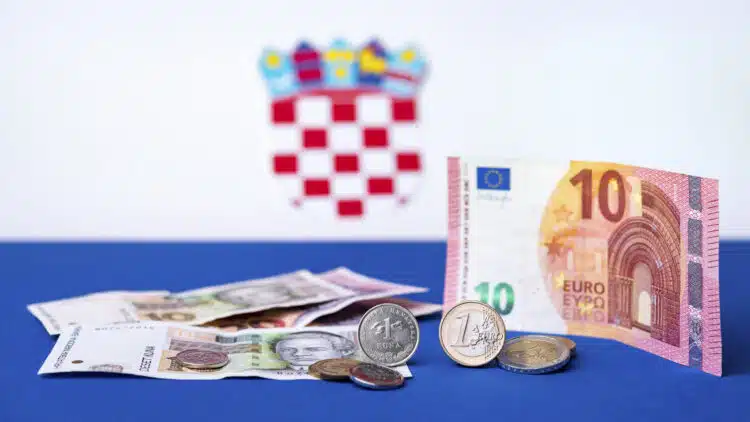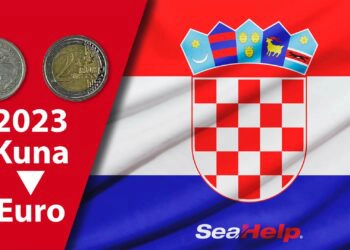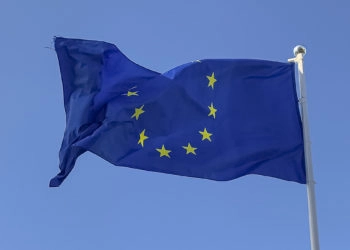Croatia vacationers beware: who still has something of the previous national currency Kuna from trips from previous years, should act quickly. Reason: Croatia converts its currency from the kuna to the euro as of January 1, 2023.
As the European Consumer Centre Germany explains, can be paid in Croatia because of the currency conversion only up to and including 14 January 2023 with Kuna. So who still has kuna left over from his last vacation in Croatia, should hurry, because only up to this date, payment can still be made with both kuna banknotes and kuna coins. However, even then, merchants are obliged to give change in euros.
There is one exception: If it is not possible for the merchant to provide change in euros, he can still give change in kuna from January 1, 2023, up to and including January 14, 2023. This is the case, for example, if the merchant no longer has any euro banknotes or coins available towards the end of the business day. From January 15, 2023, however, this would also be the end: then payment would be possible exclusively with euros and change in euros.
The conversion rate was set by the EU Council at 1 euro = 7.53450 kuna
According to the Consumer Center, a fixed conversion rate will apply to the exchange of kuna for euro from January 1, 2023: 1 euro = 7.53450 kuna. This conversion rate was set by the Council of the European Union on July 12, 2022. Officially, every traveler to Croatia will be able to pay with euro from January 1, 2023.
This means that in the period from January 1 to January 14, 2023 inclusive, two currencies will circulate in parallel in Croatia. Legal tender will then be the euro from January 15, 2023, from which date it will no longer be possible to pay with kuna.
Until January 1, 2023, the kuna can be exchanged at travel banks; from January 1 to February 28, 2023, at the counters of the Deutsche Bundesbank
Anyone who still wants to quickly get rid of Croatia’s old national currency should hurry now: until January 1, 2023, the kuna can be exchanged at banks that accept foreign currencies, for example at travel banks, at the respective daily rate. From January 1 to February 28, 2023, the kuna can be exchanged at the counters of the Deutsche Bundesbank and its branches free of charge. It should be noted that there is a daily maximum of 8,000 kuna per person per transaction.
In Croatia itself, kuna can be exchanged for euros at various locations: until December 31, 2023, the exchange can take place at commercial banks, post offices and the Croatian Finance Agency, for example. Note: A maximum of 100 kuna banknotes and 100 kuna coins may be exchanged free of charge per transaction. A fee may be charged for exchanging a larger number of banknotes or coins, the Consumer Center informs.
From January 1, 2024, the exchange will be possible only at the Croatian Central Bank
The notice goes on to say that from January 1, 2024, exchange would have to be done at the Croatian Central Bank. Kuna banknotes would be exchanged by the central bank free of charge for an unlimited period; kuna coins, on the other hand, would be exchanged (free of charge) only until December 31, 2025.
For more information on the discontinuation of the kuna and on withdrawing and paying money abroad, see: evz.de, European Consumer Center Germany, c/o Zentrum für Europäische Verbraucherschutz e. V., Bahnhofsplatz 3, 77694 Kehl.
More articles on the topic:















